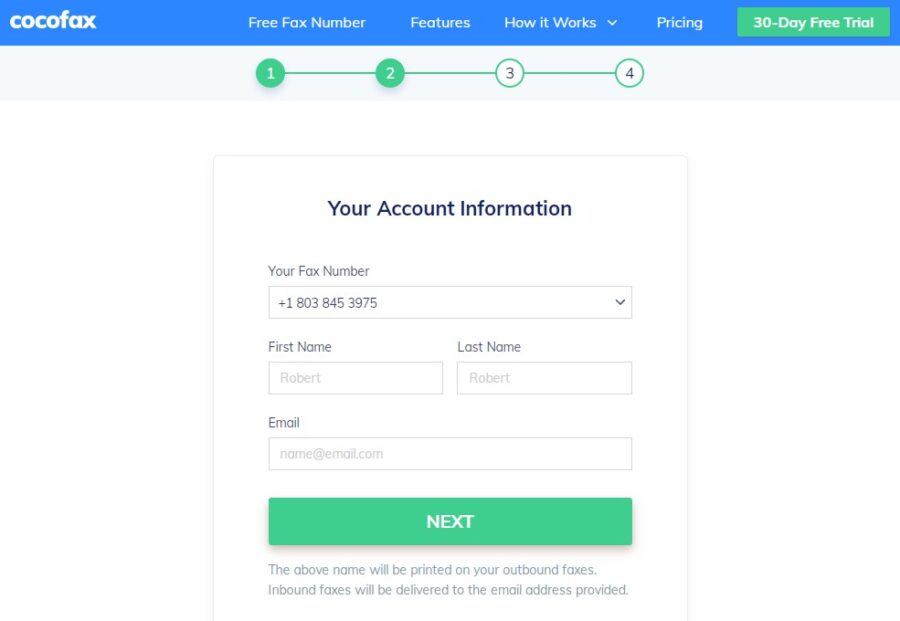In a complex financial landscape where public and private funds are entrusted to various institutions, reimbursement audits have emerged as a critical mechanism to ensure that allocated funds are used properly. As instances of financial fraud continue to make headlines, these audits act as a robust line of defense. By identifying discrepancies, verifying documentation, and ensuring compliance with policies, reimbursement audits serve as both a preventive and corrective measure designed to deter fraud.
What Are Reimbursement Audits?
Reimbursement audits are thorough reviews conducted to analyze expense claims and validate the accuracy, legitimacy, and compliance of financial transactions. Typically used in sectors where reimbursements are frequent—such as healthcare, government programs, education, and insurance—these audits aim to uncover errors or intentional fraud while ensuring accountability of resources.
The core objective of these audits is to confirm that all disbursements are based on properly documented and justified expenses. The auditors assess whether the reimbursed amounts were calculated correctly, were appropriately authorized, and align with internal and external regulations.
Fields That Efficiently Use Reimbursement Audits
Certain industries are especially reliant on reimbursement audits due to the volume of claims and the potential impact of misused funds. Below is a closer look at some key sectors:
- Healthcare: Arguably the most prominent field for reimbursement audits, the healthcare sector deals with insurance claims, Medicare and Medicaid billing, and patient reimbursements. Audits identify cases of overbilling, duplicate charges, and phantom services.
- Education: Educational institutions often receive funds through grants and federal or state aid. Reimbursement audits ensure that expenditures align with stated goals and comply with funding requirements.
- Corporate Expense Management: In corporate environments, employee reimbursements for travel, meals, and lodging can become areas prone to abuse. Auditing ensures policies are being followed and that personal gains are not masked as business expenses.
- Government Programs: Programs like housing assistance, disaster recovery funds, and agricultural subsidies require audits to validate that public money is reaching the intended recipients and used for legitimate purposes.
Common Fraudulent Practices Detected by Audits
Reimbursement fraud can occur in subtle or blatant ways. Some of the most common schemes uncovered include:
- Duplicate Claim Submissions: Individuals or organizations submit the same expense more than once, either within one system or across different systems.
- Falsified Receipts: Creating fake receipts or altering legitimate ones to inflate expenses.
- Non-Qualifying Expenses: Claiming personal expenses as business expenses or seeking reimbursement for ineligible costs.
- Phantom Services: Billing for services or items that were never delivered, especially prevalent in healthcare and consulting contracts.

Technological Integration in Reimbursement Audits
With the advancement of technology, many institutions have turned to automated systems and AI-powered tools to enhance the accuracy and efficiency of reimbursement audits. These modern solutions help in:
- Data Matching: Automated software can cross-reference data from multiple systems to detect discrepancies or patters of fraud.
- Red Flag Detection: Algorithms can identify unusual spending behavior or suspicious patterns, flagging them for deeper human investigation.
- Speed and Efficiency: What once took weeks can now be completed in hours or days, allowing for more frequent auditing cycles and a proactive approach to financial oversight.
The integration of blockchain technology, in particular, has started gaining traction. With its ability to provide immutable records and transparent tracking, blockchain can significantly reduce fraud opportunities by making data tamper-proof.
Regulatory Compliance and Legal Ramifications
Reimbursement audits are not only financial procedures but also legal safeguards. Regulatory bodies such as the IRS, Centers for Medicare & Medicaid Services (CMS), and Government Accountability Office (GAO) often mandate audits to ensure compliance with existing laws and guidelines. Non-compliance uncovered through audits can result in:
- Financial Penalties: Misuse of funds can result in significant fines imposed by regulatory authorities or funding bodies.
- Legal Action: Fraudulent practices may be subject to criminal prosecution, leading to jail time or corporate sanctions.
- Reputational Damage: Public disclosure of audit findings can severely impact the credibility of institutions or professionals involved.
Best Practices for Conducting Effective Reimbursement Audits
To maximize the impact and reliability of reimbursement audits, organizations should embrace established best practices:
- Establish Clear Policies: Define what qualifies for reimbursement and communicate these policies clearly to all stakeholders.
- Utilize Internal Controls: Implement checks and balances that automatically flag high-risk claims or require multi-level approvals for large expenditures.
- Maintain Detailed Records: Consistent record-keeping and documentation make audits more straightforward and reduce the risk of non-compliance.
- Engage Independent Auditors: External auditors bring objectivity and expertise that can uncover hidden or repeated fraudulent patterns.
- Train All Parties Involved: Training programs for employees, vendors, and finance teams emphasize the consequences of fraud and the importance of compliance.

The Human Element: Accountability and Ethics
While systems and technologies can go a long way in detecting fraud, ultimately, it is the ethical conduct of individuals and organizations that sustains trust in financial systems. Encouraging whistleblowing, cultivating a culture of transparency, and holding individuals accountable are steps that can reinforce the goals of reimbursement audits.
Audit results should not solely focus on punitive measures but also offer insights for preventive improvements. Making departments aware of vulnerabilities and educating teams on proper practices can significantly reduce error rates and fraudulent intent over time.
Conclusion
Reimbursement audits are indispensable tools in preserving the integrity of financial operations across diverse sectors. By identifying discrepancies, deterring fraud, and supporting compliance, these audits uphold the principles of accountability and transparency. In an age where budgets are scrutinized and trust is paramount, organizations that integrate rigorous audit practices not only protect their resources but also fortify their reputation. As technologies advance and compliance frameworks evolve, the role of reimbursement audits will only become more significant in cultivating ethical, efficient, and fraud-resistant environments.




